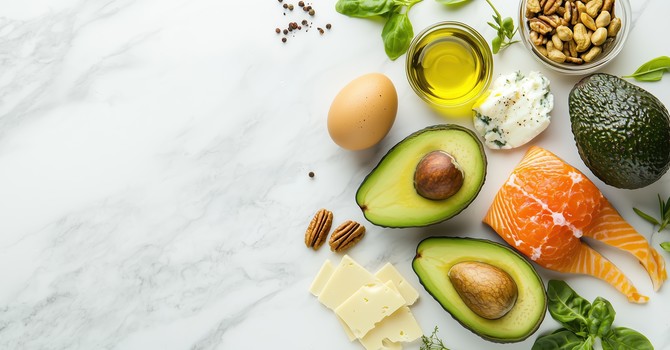
Carbs have gotten a bad reputation over the years — blamed for everything from weight gain to fatigue and poor health. If you’ve ever cut out bread, pasta, or fruit and felt guilty for craving them, you’re not alone.
But here’s the truth: carbohydrates are not the enemy. They’re an essential source of energy and play a crucial role in how our bodies (and brains) function every single day. Let’s unpack why carbs get such a bad rap — and what science actually says about them.
What Carbs Really Do For Your Body
Carbohydrates are the body’s main and preferred source of energy. When you eat carbs, your body breaks them down into glucose, which fuels your brain, muscles, and other organs.
Without enough carbs, you might notice:
-
Low energy or fatigue
-
Brain fog or difficulty concentrating
-
Irritability or mood swings
-
Poor workout recovery
-
Cravings and overeating later on
Your brain alone uses about 120 grams of glucose a day — roughly what you’d get from six slices of bread or four cups of cooked rice. Cutting carbs drastically can leave you feeling drained, both physically and mentally.
Not all carbs are created equal
When people say “carbs are bad,” they’re often lumping everything — from doughnuts to lentils — into one category. But carbohydrates come in many forms, and the type and context matter.
Complex Carbohydrates:
-
Whole grains (oats, brown rice, quinoa)
-
Fruits and vegetables
-
Legumes (beans, lentils, chickpeas)
-
Dairy and yogurt
They’re rich in fiber, vitamins, and minerals, and release energy gradually to keep you satisfied and energized.
Refined Carbs and Added Sugars
Highly processed foods (white bread, pastries, sugary drinks) are lower in fiber and nutrients. While they can absolutely fit into a balanced diet, eating them in large amounts — especially without enough protein or fiber — can lead to energy crashes and cravings.
The takeaway: it’s not about cutting carbs — it’s about choosing the ones that support your energy, digestion, and mood.
Why “low carb” Isn’t Always Better
Low-carb and keto diets often lead to short-term weight loss, but mostly due to water loss and reduced calorie intake — not because carbs themselves cause fat gain.
Long term, overly restricting carbs can lead to:
-
Nutrient deficiencies (especially B vitamins and fiber)
-
Digestive issues and constipation
-
Hormonal changes and menstrual irregularities
-
Reduced exercise performance and muscle recovery
-
Increased stress around food choices
Carbs also help regulate serotonin, a neurotransmitter that affects mood. That’s one reason many people feel more anxious or irritable when they severely restrict carbohydrates.
How to Include Carbs in a Balanced Way
Instead of fearing carbs, try reframing how you include them in meals:
-
Pair carbs with protein and healthy fats for stable energy (e.g., oatmeal with Greek yogurt and berries).
-
Include high-fiber carbs like whole grains, beans, fruits, and vegetables most of the time.
-
Enjoy refined carbs mindfully — a slice of sourdough or a dessert doesn’t undo your progress.
-
Fuel around activity: carbs before exercise improve performance; carbs afterward support recovery.
Balanced eating isn’t about perfection — it’s about variety, flexibility, and how food makes you feel.
The bottom line
Carbs are not “bad” — they’re a vital part of a healthy, sustainable diet. When we move away from food rules and towards balance, it becomes much easier to feel energized, satisfied, and at peace with eating.
You don’t need to earn or avoid carbs — your body needs them.
At All Health Nutrition, we help clients rebuild a balanced relationship with food — free from restriction, guilt, or diet rules. If you’re tired of feeling confused about what to eat, we can help you find clarity and confidence again.
Book a free discovery call to learn how our registered dietitians can support you through personalized, evidence-based nutrition care.



